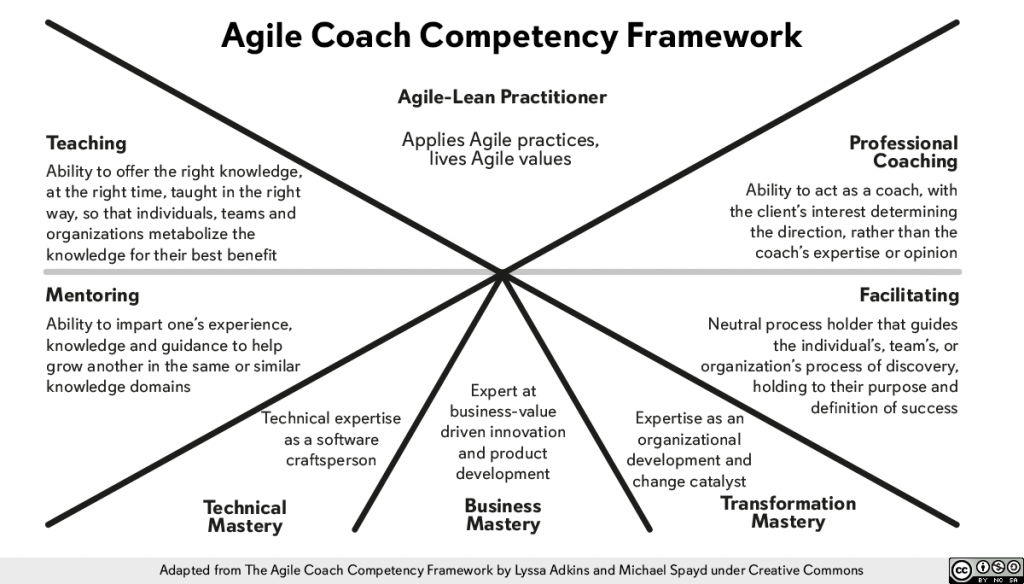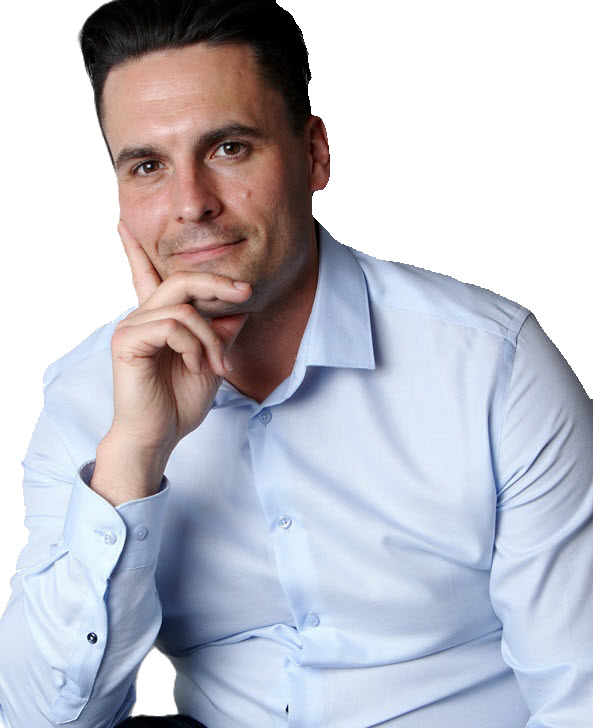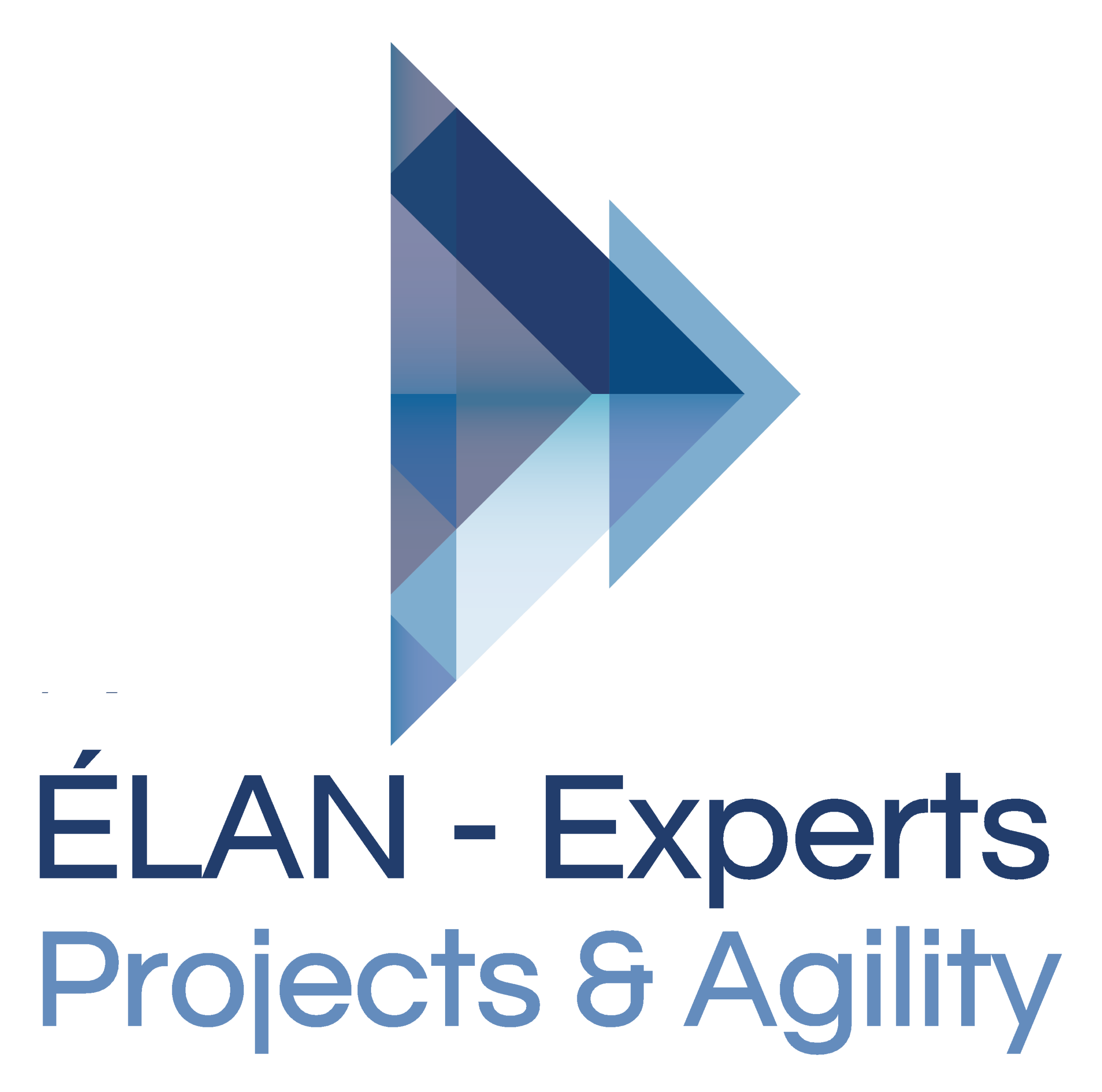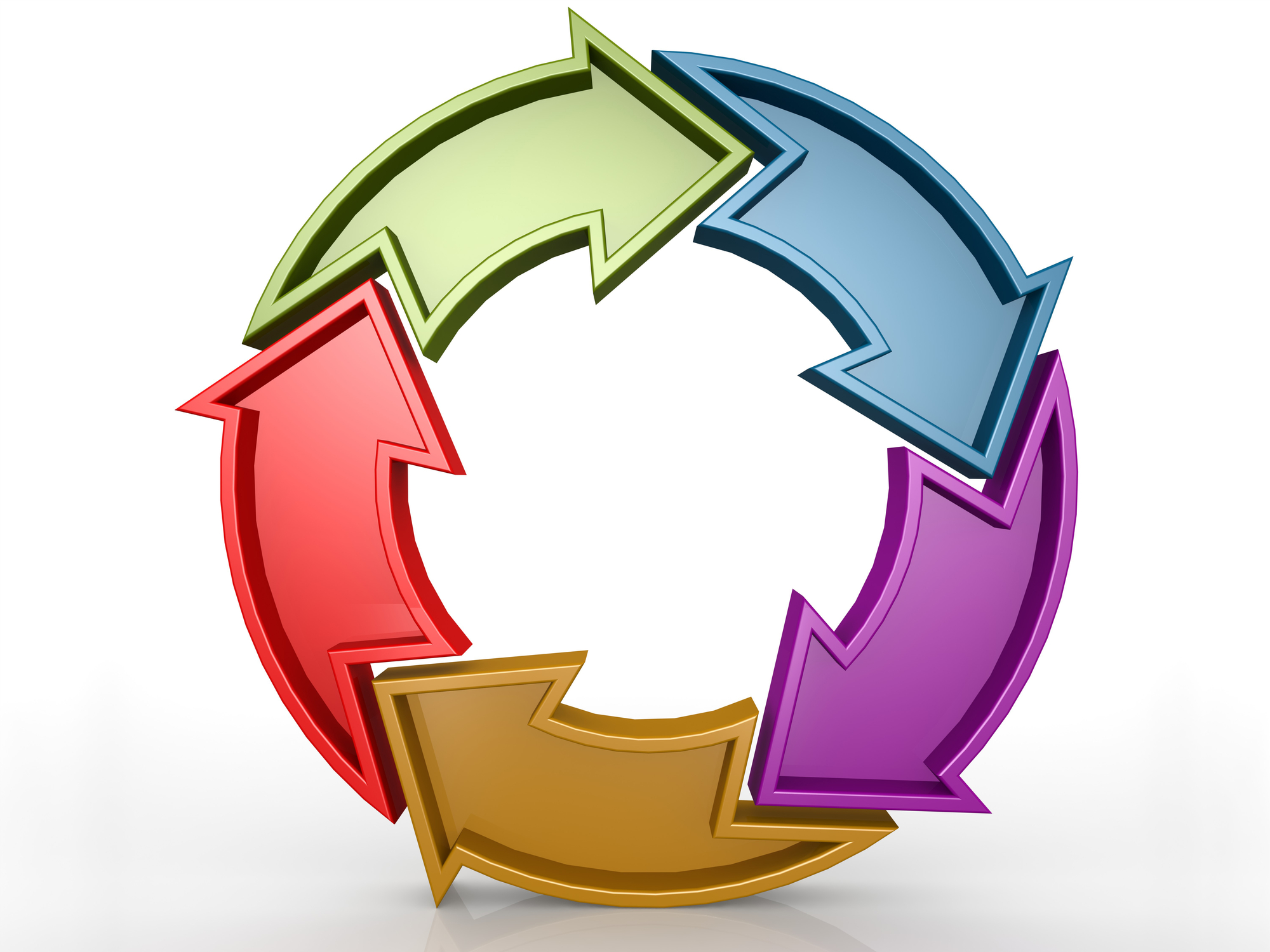In the article LEAN AGILE THINKINGOne of the fundamental factors that can optimize your organization's performance is to Empowering teams and individuals.
A product or project is nothing without the people who work on it. Each individual member of an agile team or a coalition formed for organizational change is a stakeholder in the success of a product or a transition towardsorganizational agility.
As guardian of the agile values and principlesAs a quality and performance manager, a professional coach brings out the potential in individuals to maximize their own performance, and consequently that of your organization.
With motivated, committed and mobilized individuals, productivity levels rise, as do the chances of success for your initiatives.
A professional agility coach helps to create a healthy environment in which teams are agile, autonomous, self-organized, self-disciplined and confident. He facilitates fruitful collaboration, innovation and healthy conflict resolution within agile teams.
In organizations that have opted for agility, and at conferences, I've met agile coaches working according to professional coaching principles, as well as agile 'coaches' who were more present as consultants. Both roles are necessary to move a team or a company towards agility.organizational agilityBut it's important to distinguish between the two.
Before you hire an agility coach, do you know whether he or she has the required skills? Do you need agility coaching or consulting?

What are the skills of an agile coach?
Lyssa Adkins, renowned professional agility coach, author and luminary in the wonderful world of agility, helps us understand what it means to be an agility coach with an agile coaching competency framework or "X-Wing" that she designed with Michael Payd. Please note that there is no code of ethics for agile coaching.

Source : https://agilecoachcompetencyframework.com
To find out more about the competencies of an agile coach, I'm sharing a talk by Lyssa Adkins that explains the Agile Coach Competency Framework:
What is a professional coach?
Coaching involves partnering clients in a creative, thought-provoking process that encourages them to maximize their personal or professional potential.
Professional coaching involves accompanying people on their own journey by asking powerful questions that emanate from the use of the coaching ark.
The conversation agenda is driven by the coachee, not the coach.
There is also an ethical aspect, code of conduct, clear roles and responsibilities, confidentiality, desired results, etc., that needs to be considered. A formal coaching agreement must be agreed.
Giving advice is different, it can be mentoring or consulting, but it's not coaching.
International Coaching Federation provides some guidelines for professional coaching. Please note that there is no code of ethics for agility coaching.
- Ethical guidelines and professional standards.
- Building trust.
- Be present by being fully engaged with the "coachee" in coaching interactions (aka. respect).
- Effective communications
- Facilitates learning and results
- Chargeable to income (performance)
To find out more about the skills of a professional agility coach, I'm sharing this video from Shane Hastie, director of Agile Learning Programs at International Consortium for Agile :
What's the difference between a Coach and a Consultant?
Against a backdrop of agile transformation (corporate coaching), the consultant creates knowledge in the culture by helping to activate the change via idea-sharing techniques. The coach clearly shows the customer the different hat when he has to wear it...!
Advisor role : At times, a coach may have to play the role of counselor, helping to create an understanding of a client before being able to help them find the right path for themselves.
Delivery role Take a hands-on approach to getting things done. Becoming a delivery person (e.g. PM) and connector/protector is sometimes the maximum short-term gain you can offer a leader. Solve a real problem to demonstrate trust and gain authority.
Role as facilitator (organizational): Provides services across the organization that "oil" the mechanism to bring the organization closer to 'great looks like and feels'. This may involve the creation of frameworks, policies, processes, playbooks.
Trainer's role Create the training and learning pathways required for the cause, working with internal development and learning to place and deliver them within the corporate context and culture.
Source: translated & reduced from the CADET model by Ian Banner, Big Agility Ltd.
What is a Scrum Master?
As described in the Scrum GuideThe Scrum Master is responsible for implementing Scrum. He does this by helping everyone to understand the theory and practice of Scrum, both within the Scrum team and the organization, while serving the Scrum team and the organization as a whole.
However, a Scrum Master is much more than that. The Scrum Master role has many layers and facets. As well as raising awareness of Scrum and enabling greater agility, Scrum Masters also require soft skills that are needed to coach and mentor Scrum team members and others within the organization.
Scrum Masters are responsible for helping their teams succeed, and this often means offering assistance in groups or on a one-to-one basis. They can facilitate exercises, give advice or help people reach conclusions on their own. Not everyone has the skills needed to become a Scrum Master, and it's important to bear this in mind when considering this career.
Ultimately, the Scrum Master is responsible for the Scrum team's effectiveness, helping it to improve the way it works together to create ongoing value.
Source : Scrum.org
In conclusion
If you're part of an agile team, take a moment to appreciate your coach. Your coach is the wind that blows the wings of your team.
So, the next time you embark on an Agile project, don't forget that it's not just about implementing agile frameworks and tools, but a drive to change culture and get the best out of every individual in a team.
I hope this publication has helped you better understand the difference between an agile coach and a professional agility coach, as well as how a coach differs from a consultant.
About the author
With over 20 years of experience management Information Technology, Éric Auger helps companies accelerate their value delivery and optimize their organizational performance. IT consultant specializing in project management, Lean Six Sigma Green Belt Practitioner, Kanban management expert and Agility coachI combine strategy, tactics and operations to maximize your competitiveness in the digital age.
Passionate about digital transformationI work with organizations to optimize their value flowguaranteeing sustainable competitive advantage. I also like share my expertise and help professionals strengthen their skills in project management and agility.
Follow me for practical advice and proven strategies to make your projects a success.





